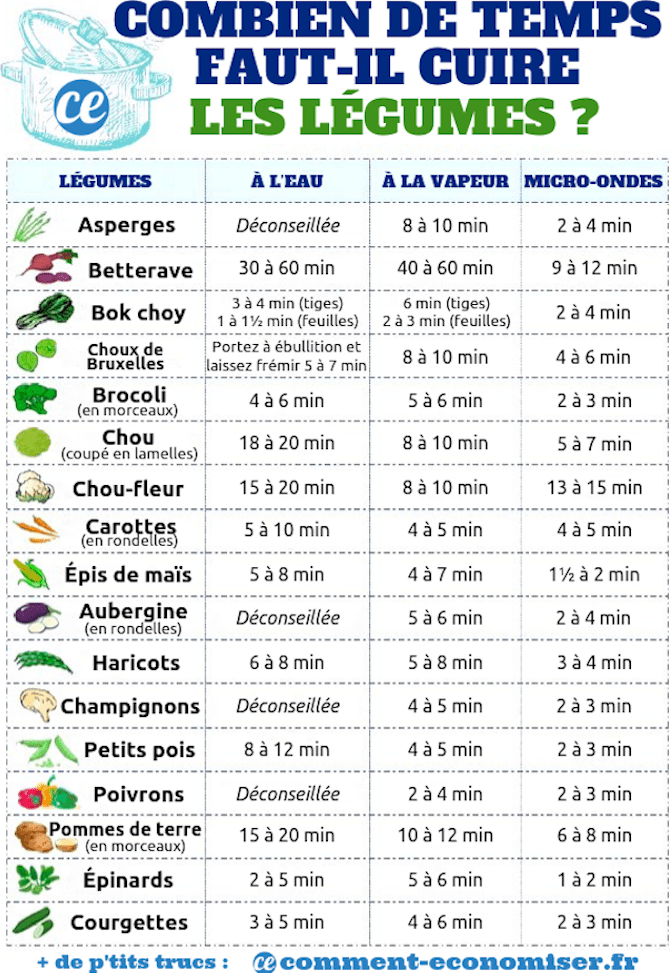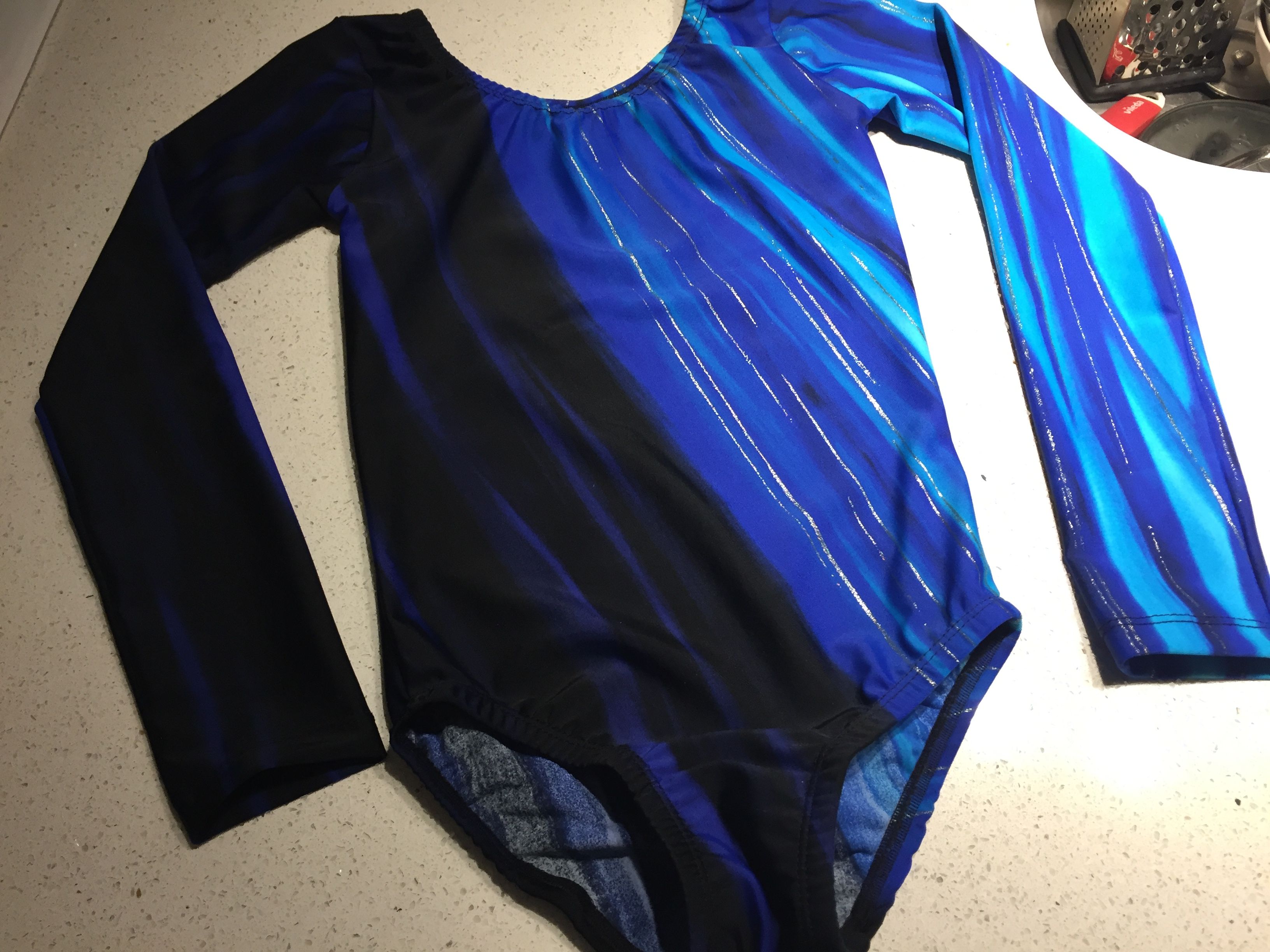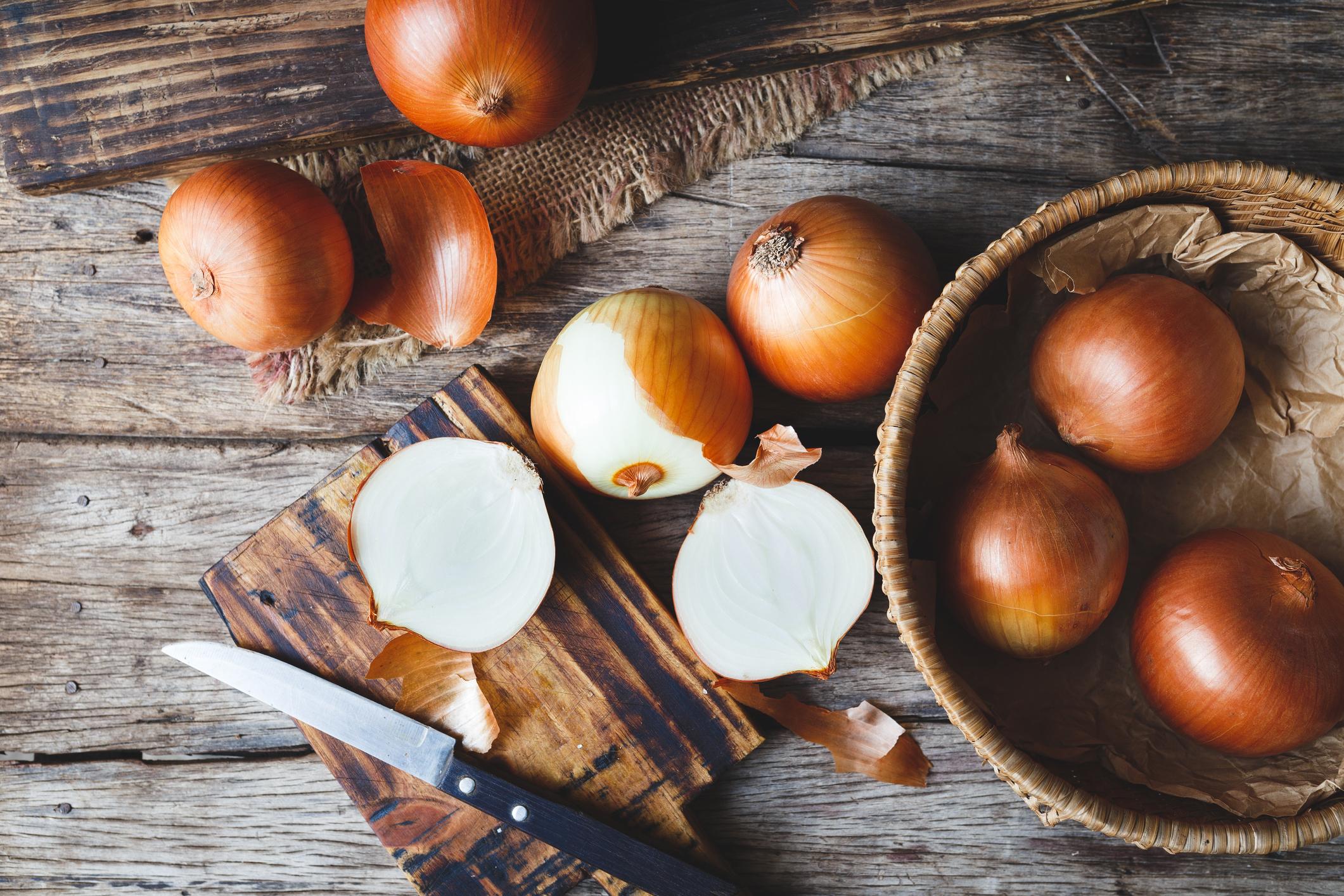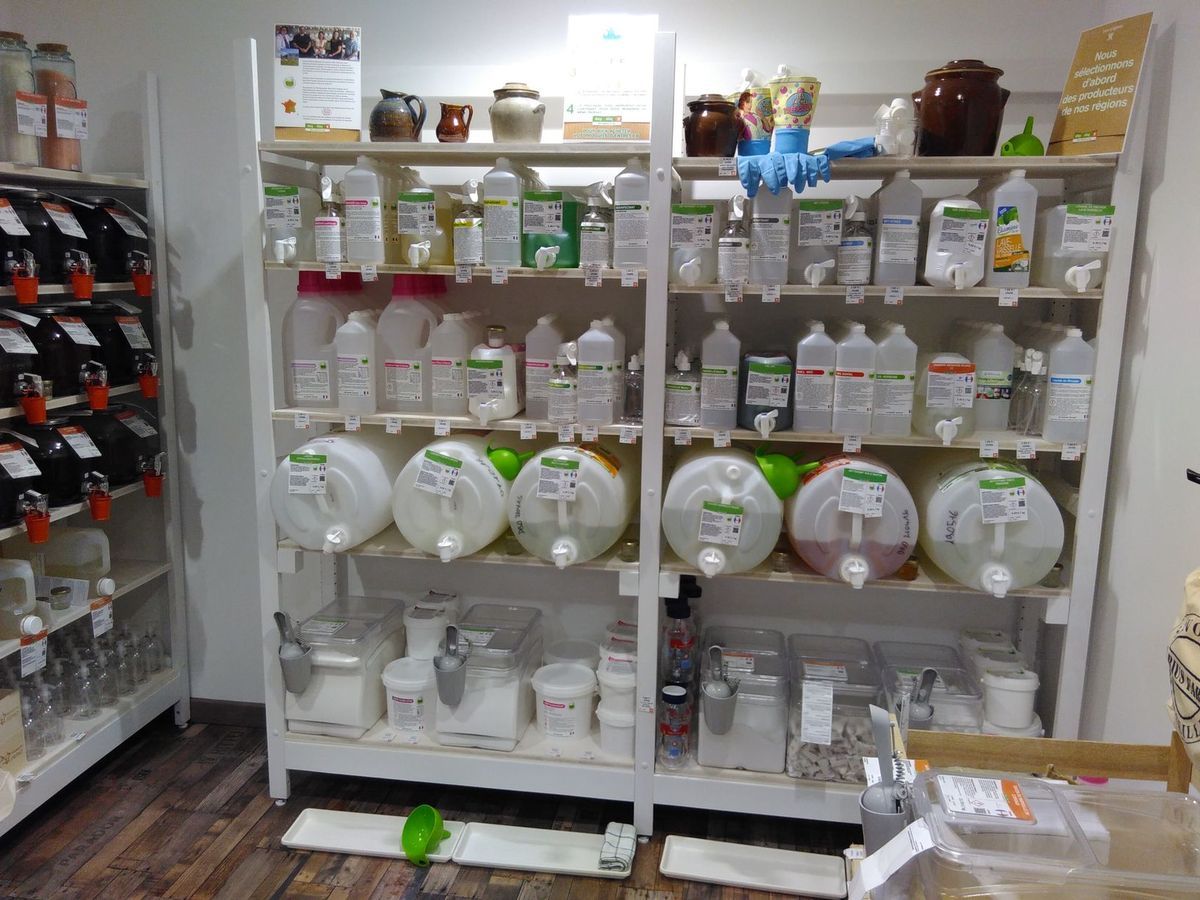How Long Should You Cook Vegetables? The Guide According To The Type of Cooking.
Eating vegetables is good for you.
But you still have to know how to cook them to preserve all their vitamins and flavors!
Indeed, to make the most of the benefits of vegetables, it is important to respect the cooking time.
And this cooking time obviously varies according to the vegetables, but also according to the cooking used.
Fortunately, here is the practical guide to knowing how long to cook vegetables depending on the type of cooking. Look :

Click here to easily print the guide in PDF.
Asparagus
Cooking with water:not recommended
Steam cooking : 8 to 10 min
Microwave cooking: 2 to 4 min
Beet
Cooking with water: 30 to 60 min
Steam cooking : 40 to 60 min
Microwave cooking: 9 to 12 mins
Bok choy
Cooking with water: 3 to 4 min (for the stems) and 1 to 1½ min (for the leaves)
Steam cooking : 6 min (for stems) and 2 to 3 min (for leaves)
Microwave cooking: 2 to 4 min
Brussels sprouts
Cooking with water: bring to the boil and simmer for 5 to 7 minutes
Steam cooking : 8 to 10 min
Microwave cooking: 4 to 6 min
Broccoli (cut into pieces)
Cooking with water: 4 to 6 min
Steam cooking : 5 to 6 min
Microwave cooking: 2 to 3 min
Cabbage (cut into strips)
Cooking with water: 18 to 20 min
Steam cooking : 10 to 15 min
Microwave cooking: 5 to 7 min
Cauliflower (in pieces)
Cooking with water: 15 to 20 min
Steam cooking : 8 to 10 min
Microwave cooking: 13 to 15 min
Carrots (cut into slices)
Cooking with water: 5 to 10 min
Steam cooking : 4 to 5 min
Microwave cooking: 4 to 5 min
Corn on the cob
Cooking with water: 5 to 8 min
Steam cooking : 4 to 7 min
Microwave cooking: 1½ to 2 min
Eggplant (cut into slices)
Cooking with water:not recommended
Steam cooking : 5 to 6 min
Microwave cooking: 2 to 4 min
Beans
Cooking with water: 6 to 8 mins
Steam cooking : 5 to 8 min
Microwave cooking: 3 to 4 min
Mushrooms
Cooking with water:not recommended
Steam cooking : 4 to 5 min
Microwave cooking: 2 to 3 min
Peas
Cooking with water: 8 to 12 min
Steam cooking : 4 to 5 min
Microwave cooking: 2 to 3 min
Peppers
Cooking with water:not recommended
Steam cooking : 2 to 4 min
Microwave cooking: 2 to 3 min
Potatoes (cut into pieces)
Cooking with water: 15 to 20 min
Steam cooking : 10 to 12 min
Microwave cooking: 6 to 8 mins
Spinach
Cooking with water: 2 to 5 min
Steam cooking : 5 to 6 min
Microwave cooking: 1 to 2 min
Zucchini
Cooking with water: 3 to 5 min
Steam cooking : 4 to 6 min
Microwave cooking: 2 to 3 min
Do you know the 3 best cooking methods?

Here are the 3 gentle cooking methods that best preserve the nutritional qualities of your vegetables.
1. Cooking in a pressure cooker (pressure cooker)
The pressure cooker uses a very small amount of water which is turned into steam. Vegetables cook under pressure, which retains their natural color and nutritional benefits. It is also one of the fastest ways to cook your vegetables (only 1 or 2 min).
2. Cooking in the microwave
Cooking in the microwave is the fastest. This method is essentially similar to steaming. And as long as you don't use too much water, it retains most of the nutrients. For example, to cook asparagus, just put 2 to 3 tablespoons of water in a bowl.
3. Steaming
Quick cooking in a steamer basket is one of the best ways to maintain the nutritional qualities of your vegetables - as long as you don't use too much water and don't cook them for too long. Use only half a glass of water (about 120 ml) and remember to bring the water to a boil first. For most vegetables, 5-7 min is sufficient for steaming.
Additional advice
- Vegetables contain enzymes which can either produce or destroy vitamins. As soon as a vegetable is harvested, these enzymes stop the production of vitamins - but not their loss.
- To slow the loss of vitamins, most vegetables should be kept in the refrigerator until cooked.
- Some vitamins are sensitive to oxidation. Thus, always keep cut or juicy vegetables in airtight containers in the refrigerator.
- Some vitamins are water soluble. That is, they are soluble in water and eliminated very quickly by our body (this is particularly the case of vitamin C and B vitamins). Typically, cooking in water contributes to the loss of these vitamins.
- Vitamin C is the most fragile and the most likely to be lost during cooking, especially if you throw away the cooking water when you boil your vegetables. So always save the cooking water from the vegetables and use it to make soups or broths. Click here to learn about all the uses of cooking water.
- Vitamins fat soluble, such as vitamins A and E, are less fragile. To promote their absorption by the body, favor a light cooking of your vegetables.
- Deep frying is probably the worst of all the methods of preserving the nutritional qualities of vegetables. Indeed, the heat of this cooking is so high that it destroys practically all the vitamins.
- Instead of frying vegetables, grill or roast them instead. Although these methods are less effective at preserving vitamins, they are better than deep-frying (and roasted or grilled vegetables are such delicious).
To conclude : by using a gentle cooking method and fresh vegetables stored in the refrigerator, you can easily preserve all of their benefits and nutritional qualities.
Your turn...
Have you tried this guide to cooking times for vegetables? Tell us in the comments if it was effective. We can't wait to hear from you!
Do you like this trick ? Share it with your friends on Facebook.
Also to discover:
14 Ways To Reuse Cooking Water So It NEVER Messes Up.
The Tip To Speed Up Cooking Time for Green Vegetables.










